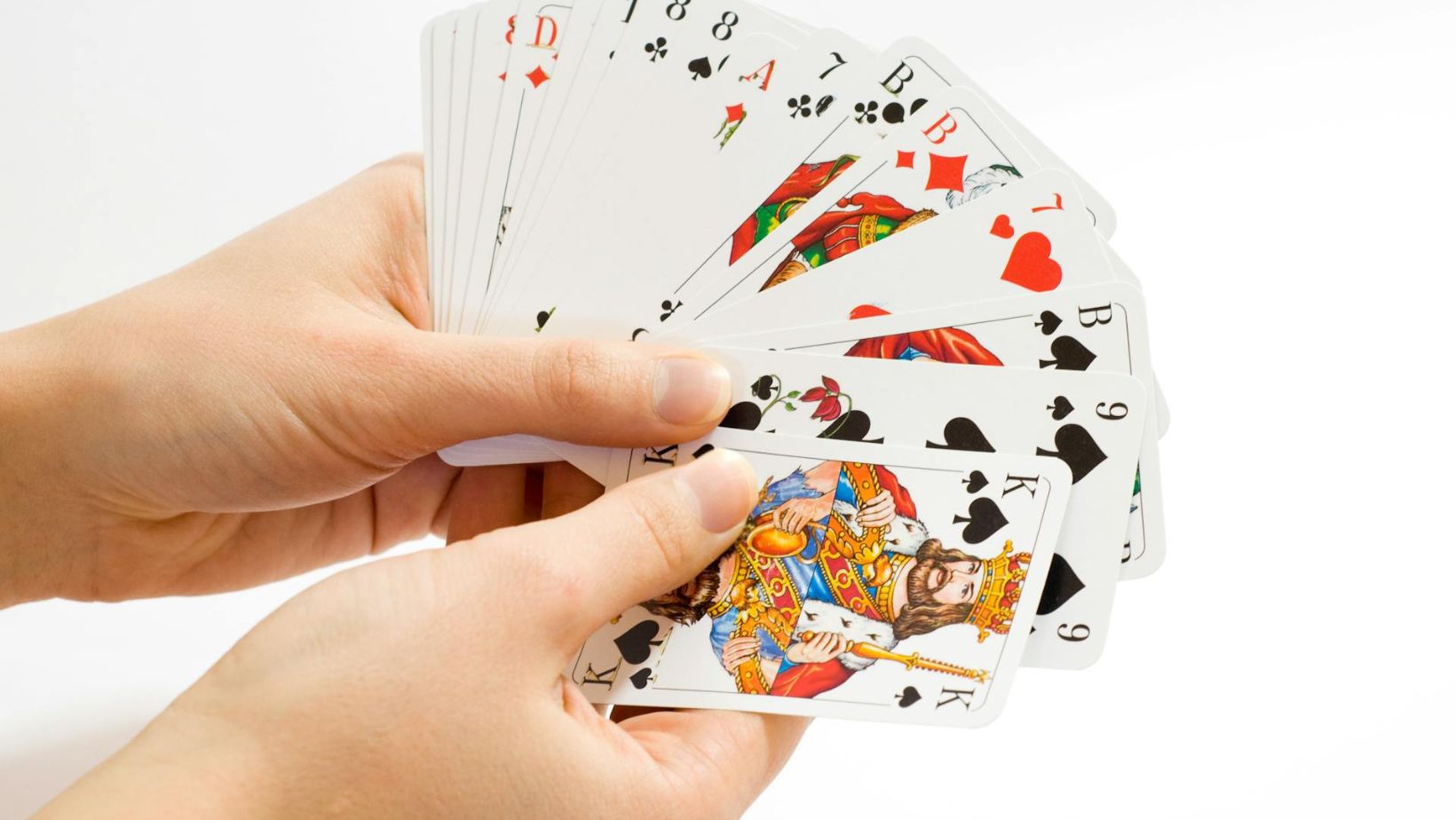Although rummy is just a simple card game, there are so many valuable lessons that can be taught to your children through playing it. Beyond just entertainment, teaching your kids to play rummy can provide valuable learning experiences and foster important skills. Whether you choose to play online at https://rummybo.com/ or in person, kids will learn lessons no matter what.
Rummy offers a dynamic blend of strategy and arithmetic, making it a fun way for children to sharpen their math skills. From counting points to understanding probability, playing rummy can help kids develop a stronger grasp of numbers in a hands-on and engaging way.
Rummy also provides families with an opportunity to bond and connect over a shared activity. Here are a few more benefits of teaching rummy to children.
Math Skills
Rummy is a card game that involves counting and recognizing numbers on the cards. In the game, players must quickly identify and add up the numerical values of the cards in their hand to determine what their score is and to make strategic decisions about which cards to play or discard.
There is no doubt that rummy can be used to improve math skills including basic arithmetic such as addition, subtraction, and even multiplication or division, pattern recognition, probability and strategy, and even memory and concentration.
Teaching rummy to your children early on in life is a great way to practice their math skills in a fun and enjoyable way outside of the classroom. You can reinforce their math skills while also honing in on their cognitive abilities and social skills through strategic gameplay.
Critical Thinking
Rummy is beneficial in a number of different ways, especially when taught to children at a younger age. Learning this game can also help when it comes to critical thinking. The game requires players to analyze their hands and anticipate the opponent’s moves in order to make their own strategic decisions about which cards to keep or play.

The critical thinking comes in when players must weigh the risks and rewards of different actions considering factors such as card combinations, probabilities, and potential scoring opportunities.
By making use of strategic thinking and decision-making, children can develop critical thinking skills such as problem-solving or decision-making and even logical reasoning.
Memory Enhancement
Memory enhancement is something that is included in child education from a very young age. If you can take this out of the classroom by playing a fun and enjoyable game with them, why not? Rummy involves remembering which cards have been played, keeping track of opponents moves, and recalling cards in your hand.
By teaching this game to your children, they must use their memory to recall important information and adapt their strategies based on the cards that they remember seeing. By playing it on a regular basis you can help children to exercise and enhance their memory skills, especially short-term memory and working memory.
Pattern Recognition
Pattern recognition is yet another benefit of teaching rummy to your children. Not only does the game require lots of counting and remembering, but it also requires the players to recognize and create patterns with cards such as sequences and sets.

When teaching your children how to play they must identify and form valid combinations of cards in order to win this requires them to recognize patterns and sequences within their own hand. By consistently engaging in these pattern recognition tasks, children will soon develop cognitive skills related to visual perception as well as spatial reasoning and logical thinking.
Social Interaction
Although children get plenty of social interaction at school for daycare, playing a game such as rummy which requires critical thinking and concentration is a new and different way call them to socialize, interact, communicate, and even cooperate with other people.
Throughout the game players must engage in conversation, negotiation, and friendly competition which fosters social skills such as turn taking, sharing, and even sportsmanship.
Learning to play a game like rummy will provide children with opportunities to practice social interaction in a supportive and enjoyable context.



























































